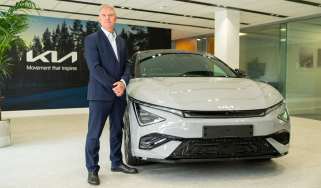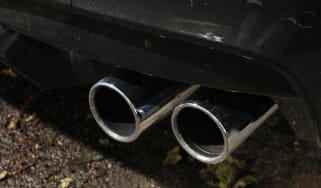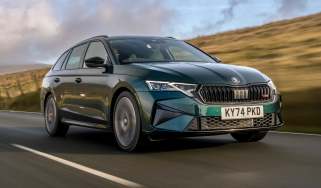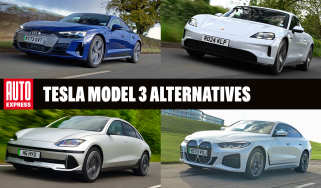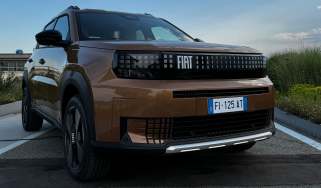1 in 5 new 74-plate cars is an EV, as September sees record electric car sales
Over 56,000 new electric cars hit the road last month, although the UK car industry doubts the sustainability of the discounts on offer
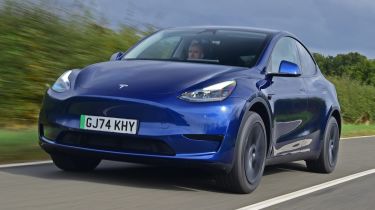
One in five new cars sold last month were EVs as September saw the most new electric cars hit UK roads in any month so far this year. The introduction of the ‘74’ registration plate also helped bolster the sales of hybrid-powered cars.
As many as 275,239 new cars were registered in the UK in September, which marks a marginal (one per cent) increase over the same period last year. It’s also more than three times the number sold in August – undoubtedly due to the arrival of the aforementioned new 74-plate.
Such figures were bolstered by a surge in the sales of new EVs, of which 56,387 were registered in September. Accounting for 20.5 per cent of all cars sold last month, this is still slightly below the government’s tough ZEV mandate target of 22 per cent of new cars sold being electric. So far August has been the only month to match the ZEV mandate quota, with EVs expected to account for only 18.5 per cent of new registrations at the end of 2024.
Following the spike in EV sales, the market share of petrol and diesel cars fell year-on-year in September by 9.3 per cent and 7.1 per cent respectively. Petrol cars made up just over half of new cars registered in September, while diesel continues to fall ever further out of favour, making up just 6.4 per cent of monthly and year-to-date sales, despite actually rising in popularity among private buyers.
The dips in registrations for traditional ICE cars in favour of electrified alternatives can be partly explained by the fact that fleet sales underpinned the majority of new-car registrations in September. Hybrid and plug-in hybrids, which both benefit from greatly reduced company car tax rates (albeit nowhere near as much as EVs do), witnessed a year-on-year jump in registrations last month, by 2.6 per cent and 32.1 per cent respectively.
The SMMT’s Chief Executive, Mike Hawes, described the figures as “good news”, however he went on to say that “under the bonnet there are serious concerns as the market is not growing quickly enough to meet mandated targets”.
Hawes highlighted that one of the main reasons for the widespread adoption of EVs in September was down to “manufacturers spending billions on both product and market support” – or, in layman’s terms, huge manufacturer discounts – something he admitted cannot be sustained indefinitely.
“While we appreciate the pressures on the public purse,” Hawes continued, “the Chancellor must use the forthcoming Budget to introduce bold measures on consumer support and infrastructure to get the transition back on track, and with it the economic growth and environmental benefits we all crave”.
The top-selling models in September were the usual contenders, with the hybrid and plug-in hybrid-powered Kia Sportage taking the first-place spot, followed by the Ford Puma (the UK’s best-selling model year-to-date) and the Nissan Juke. The Tesla Model Y, which finished fourth, was the only EV to make it onto the top 10 list, despite the rush in electric car sales.
Will your next car be an EV? Let us know your thoughts in the comments section below...


